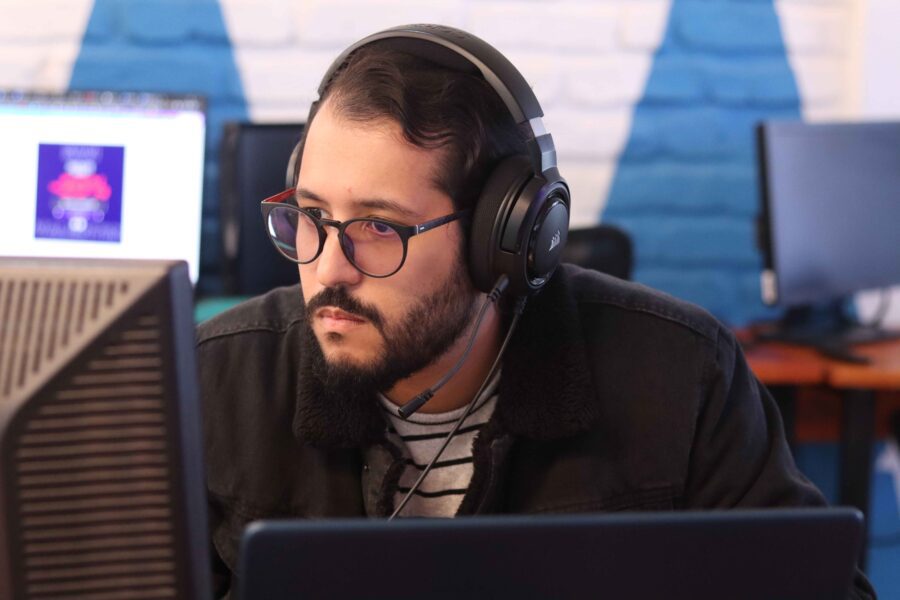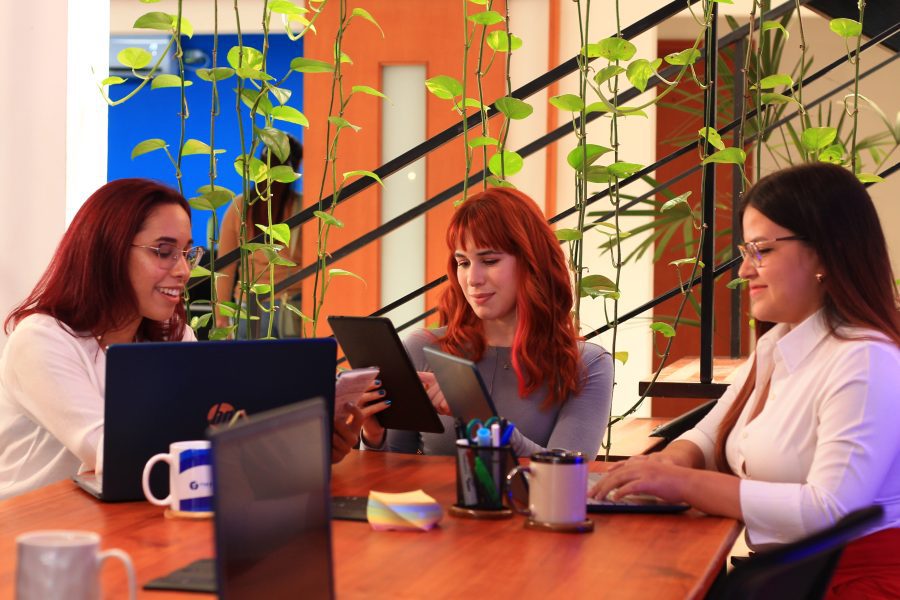The greatest asset any company can have is its people. To be honest, I don’t think anyone would argue that. We go through great lengths to recruit and select our teams for them to be the best they can be. We train and retrain, provide feedback, and encourage them to be life-long and everyday learners. And still, there is room for improvement.
Outside our regular learning sessions is where some of the most long-lasting learning can occur. In fact, informal learning at the workplace is what happens from 70 to 90 percent of the time. Stats that can feel surprising considering all the twists and turns companies go through to make spaces for formal learning to happen. But how is this such a prominent learning way, and how can we promote it?
First of all, let’s dig into the concept of social learning.
Social learning theory was proposed by a psychologist named Albert Bandura at a time when behavioral theories were prevalent, and he suggested that social behavior is learned by observing and imitating the behavior of others. Meaning that not all learning was acquired by reinforcement or punishment, but that there is a cognitive process that takes place in social contexts.

So, in a way, we never stop being those kids who came home from school with a new trick we saw someone do at recess. Because, like those kids, we still take information like sponges through our senses. We still learn through observation, imitation, and sharing with others.
But, how does this work in a working environment?
Just like those kids, we learn from our peers. On the first day at the job, we read the room and imitate some of their behaviors to try and fit into the work culture of the place and be easily accepted. We share thoughts and talk about our projects by the water cooler. We pay attention to our team member that excels at a particular skill when they are explaining their approach to their part of the project.
We get involved without even noticing it. Sometimes it’s by running into our peers and sharing ideas or issues we are trying to solve, discussing for a few minutes, and walking away with more knowledge.
And, what can we do to encourage and foster it in our companies?
With today’s new normal, it might seem challenging. You might be wondering how can a company promote social learning and social distancing at the same time? Or, how can we do this with our peers that work from home?
And well… since now people won’t bump into each other by the water cooler, we have to be intentional. Without making it another formal lecture. We have to remember that social learning is best through peers, where we are equals that share ideas and experiences rather than bosses that impose a way of thinking or working.
We need to start by creating spaces where connections can happen. Those work from home pals, need to have a place to connect with their peers and learn from them and be sources of knowledge too. So we promote discussion boards, video chats, social media connections, forums, and more.
Having those spaces available at any given time will make our teams feel like they’d like to use them, rather than they have to. But it’s also important to encourage connection making. Have those team bonding meetings, create initiatives that invite our employees to connect and share, so learning can occur.

A good way to promote social learning within teams is by making up games that encourage them to work together. Gamification can have multiple benefits within team dynamics, but in this scenario, it is a way to foster cooperation and problem-solving. Which, at the same time creates the most fertile environment for learning and sharing ideas.
At the end of the day, we all want to help our companies understand every environment as a learning environment and every situation as a learning opportunity. Mentoring our peers in our area of expertise can help us grow by having the fresh input of our coworkers. We can even get to know a little more insight into our field and a new perspective on it. Sharing is caring they say, and sharing knowledge is the perfect example of that.
Having great teams these days means staying at the top of our game, every single day. The world moves fast but so do we. By using smartly our greatest resource – our human resource – we help each other to stay sharp. Everybody needs somebody to help them shift perspectives, to show them a new way to approach life, to crack a joke at the office, or to just share an experience by the water cooler. So why not be intentional with our desire to make social learning a part of our work culture?






